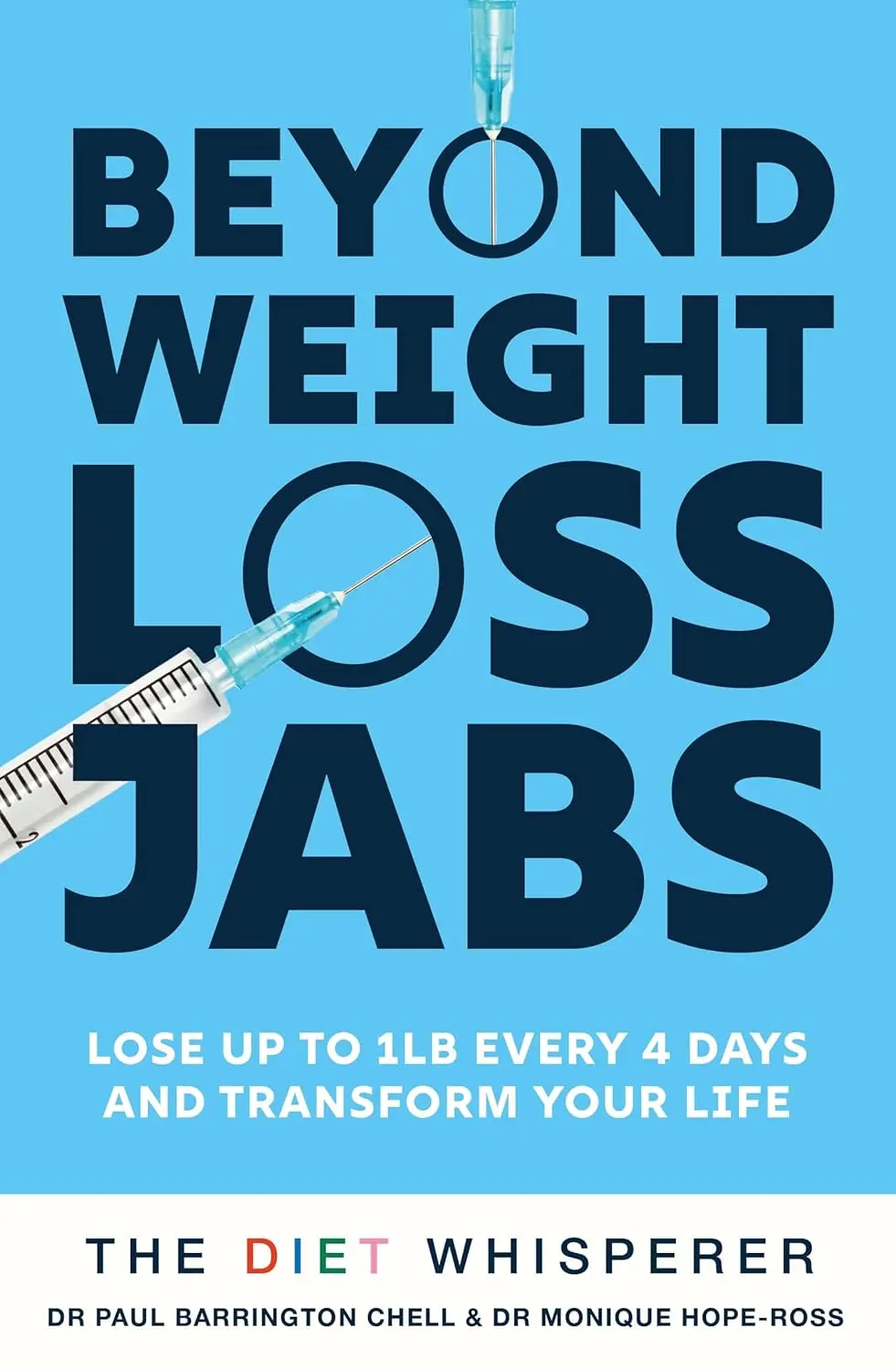Why Green Tea is Good for you?
Published: 31st May 2021
Dr Monique Hope-Ross and Dr Paul B Chell
Green Tea is touted to be one of the healthiest drinks, loaded with antioxidants, polyphenols and catechins. But does the hype live up to the evidence? We look for scientific proof of the benefits of green tea.
Green Tea - Snake Oil or Truth?
Tea drinking has legendary origins dating to the reign of Emperor Shennong, five thousand years ago. Potential health benefits range from fat loss, to helping you to live longer and cancer prevention. Green tea features widely within the pages of glossy magazines, but rarely in the medical literature. So does green tea, a would-be elixir of life, live up to the hype or is it just snake oil?
Active compounds
Green tea, Camellia sinensis contains polyphenols, or plant antioxidants. Antioxidants are natural chemicals which reduce inflammation and protect us against cancer. Antioxidants help to neutralise and reduce the effect of oxidants, or free radicals; compounds which cause inflammation and promote the growth of cancers. Thus, there is a scientific rationale for the benefits of green tea, in supporting a healthy metabolism. The active compounds in green tea include catechins and caffeine. Catechins also act to increase metabolism, thus increasing energy consumption which may be useful for weight loss.
Antioxidants help to neutralise and reduce the effect of oxidants, or free radicals; compounds which cause inflammation and promote the growth of cancers.
Weight loss
Studies on green tea, to promote weight loss have been analysed as part of a Cochrane review by Jurgens et al. These studies on weight loss use green tea extracts, which contain high doses of the active compounds in green tea, far in excess of that found by drinking even copious amounts of green tea. The conclusions of the review were that a very small, statistically non-significant weight loss was induced, and this weight loss is not clinically important. Furthermore, green tea did not have any effect on maintenance of weight loss. We are not surprised by these conclusions at whisperer HQ; there is no magic pill to lose weight, otherwise everyone would be lean!
There is no magic pill to lose weight, otherwise everyone would be lean!
Cancer
It’s scary that the likelihood of developing cancer is approaching 1 in 2 people. Filippini et al in a Cochrane review found evidence of a beneficial effect of green tea on some cancers but these findings were limited by the study methods. Some studies showed reduced cancer risk, particularly in prostate cancer, some showed no benefit, and some showed an increased cancer risk. Green tea extracts were associated with adverse reactions, such as skin reactions, raised blood pressure and liver abnormalities. Their final conclusion was that there is limited evidence of a beneficial effect of green tea consumption on the overall risk of cancer.
Heart Health
A Cochrane review by Hartley et al shows that green tea reduces total cholesterol, LDL (bad cholesterol) and blood pressure. These factors are implicated in the development of heart disease and by reducing risk factors, heart disease may be prevented. While the studies show that green tea can reduce risk factors for heart disease, prevention of heart disease has yet to be proven. The conclusion was that the limited evidence suggests that tea has favourable effects on cardiovascular risk factors. Further research was recommended.
What does this all mean for me?
Green tea has favourable effects on cholesterol, LDL and blood pressure, risk factors which contribute to heart disease. Green tea contains natural antioxidants which may have health benefits, such as prevention of heart disease and cancer. Green tea does not help you to lose weight. More research on the subject has been recommended. So, just like whisperer HQ, some do the green tea thing and some don't. Overall, it is probably beneficial, but we certainly will be looking for more evidence.
Summary of Green Tea Research
- Green tea has favourable effects on cholesterol
- Green tea does not help you to lose weight
- More research on the subject has been recommended.
- Overall Beneficial

